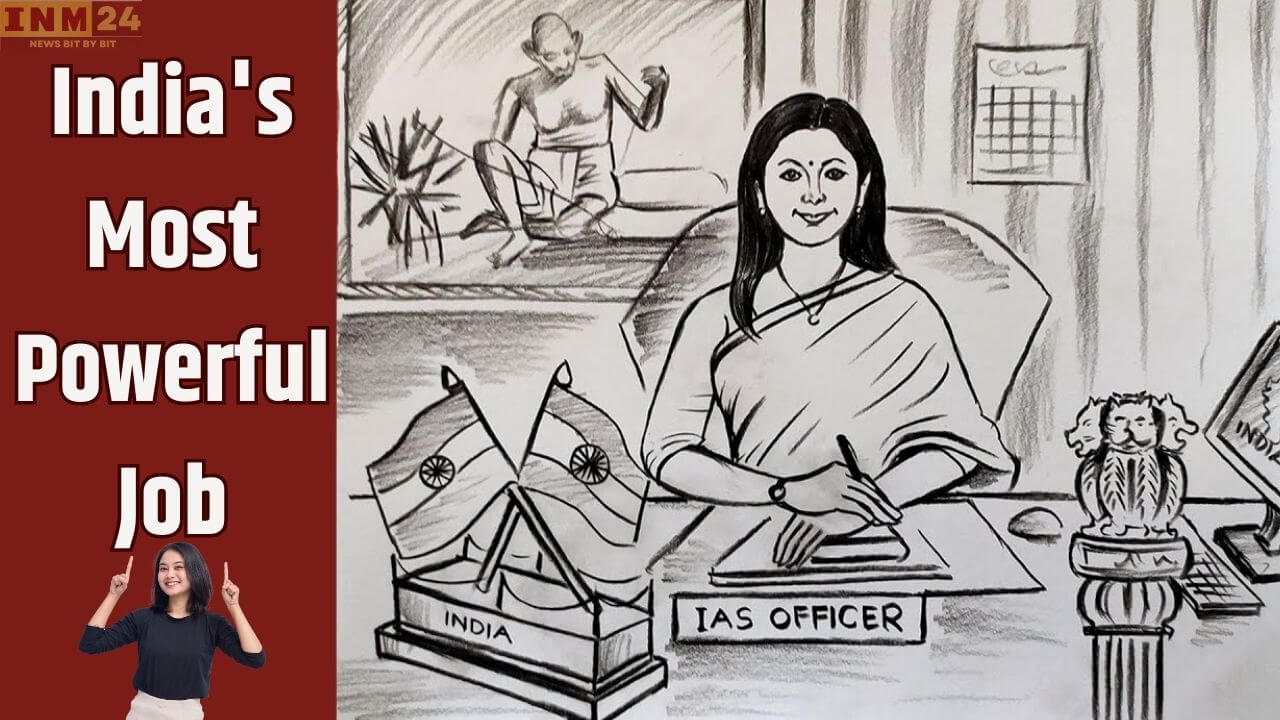The Civil Services Examination conducted by the Union Public Service Commission (UPSC) serves as the gateway to India’s most prestigious and challenging job – the Indian Administrative Service (IAS). This coveted position, often considered the pinnacle of civil services, attracts millions of aspirants annually who vie for a chance to join the elite ranks of IAS officers.
The UPSC Civil Services Examination
The UPSC Civil Services Examination is a highly competitive exam that determines entry into various esteemed services, including the IAS, Indian Police Service (IPS), Indian Engineering Service (IES), and Indian Foreign Service (IFS). Among these, the IAS remains the most sought-after and discussed job in the country.
IAS Post Allocation
IAS officers are selected based on their ranks in the UPSC exam. While the top-ranked candidates typically secure the IAS post, instances occur where candidates opt for IPS or IFS despite achieving top ranks. In such cases, candidates with lower ranks may still be allocated the IAS post. Subsequently, those with even lower ranks get assigned to IPS and IFS.
Training at LBSNAA, Mussoorie
Successful IAS candidates undergo a comprehensive 3-month training program at the Lal Bahadur Shastri National Academy of Administration (LBSNAA) in Mussoorie, commonly known as the Foundation Course. This training covers various aspects of administration, policing, and governance across different sectors, preparing officers for their challenging roles.
Post-Training Assignments
After completing their training, IAS officers are assigned to specific cadres where they assume administrative responsibilities for designated areas or departments. They play a crucial role in formulating development proposals, implementing government policies, and making impactful decisions that contribute to the progress of their respective sectors.
Allocation of Cadres
The allocation of cadres is a pivotal aspect following the UPSC exam. The services are categorized into All India Services (including IAS and IPS) and Central Services (Group A and Group B). Candidates selected for All India Services are assigned cadres from states and union territories, while Central Services cover various other administrative roles.
Power and Responsibilities
IAS officers wield substantial power, especially when serving as district magistrates. In this role, they oversee all aspects of district administration, making critical decisions related to law and order, emergency situations, and the overall well-being of the region. Regulatory bodies like the Personnel and Training Department, along with the Department of Personnel, Public Grievances, and Pensions, oversee the functioning of IAS officers.The journey to becoming an IAS officer is arduous, but the impact and influence these officers hold in shaping the nation make it one of the most powerful and coveted jobs in India.
